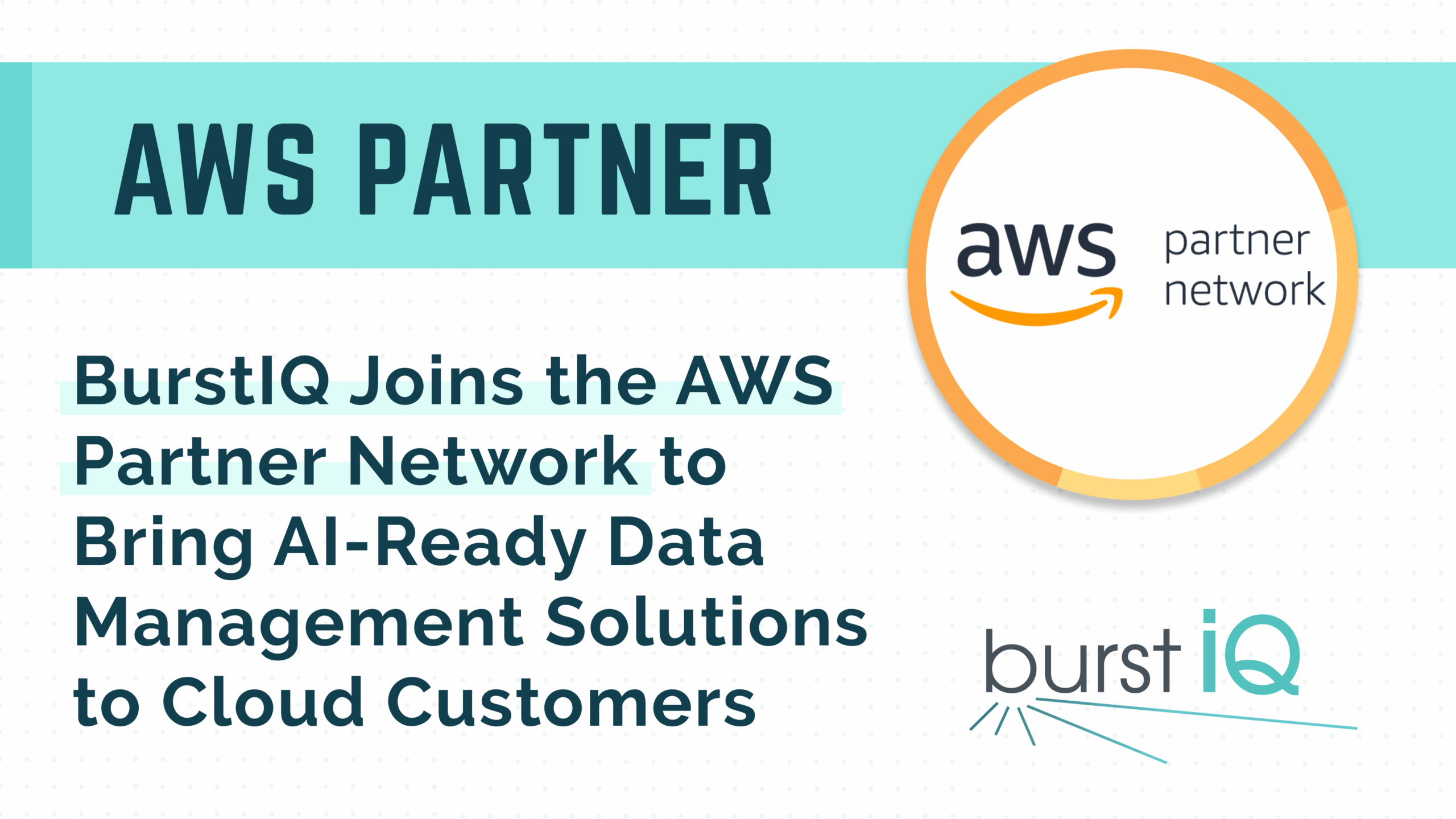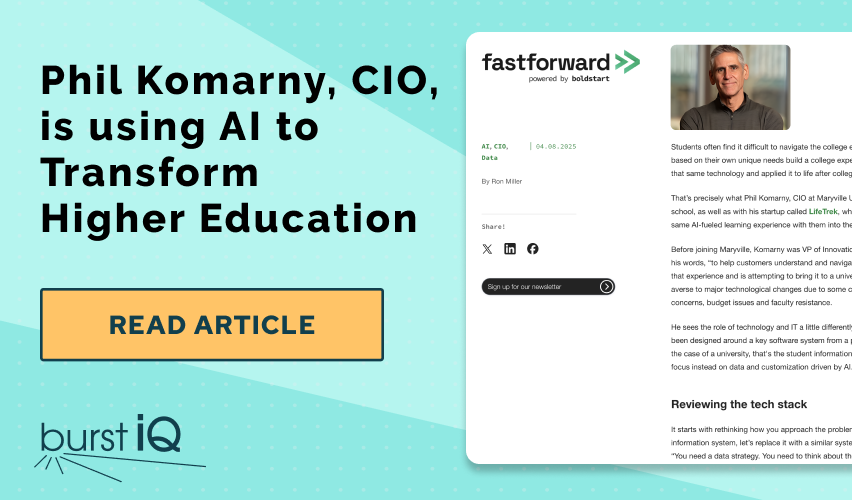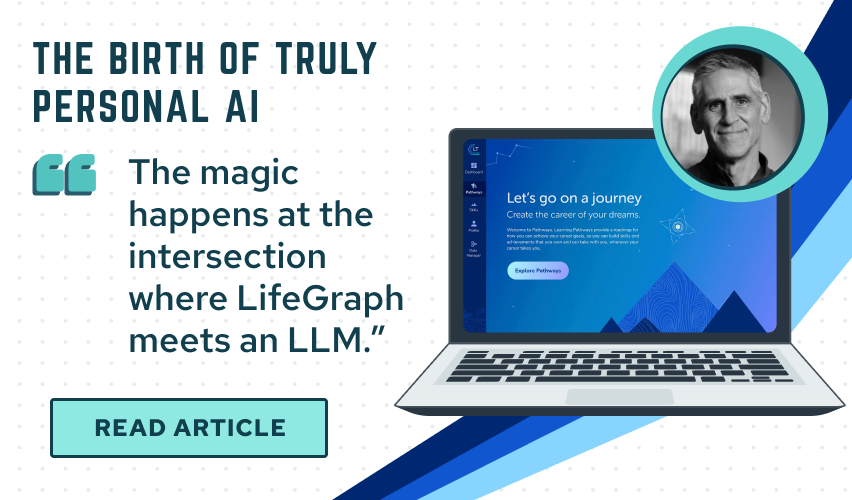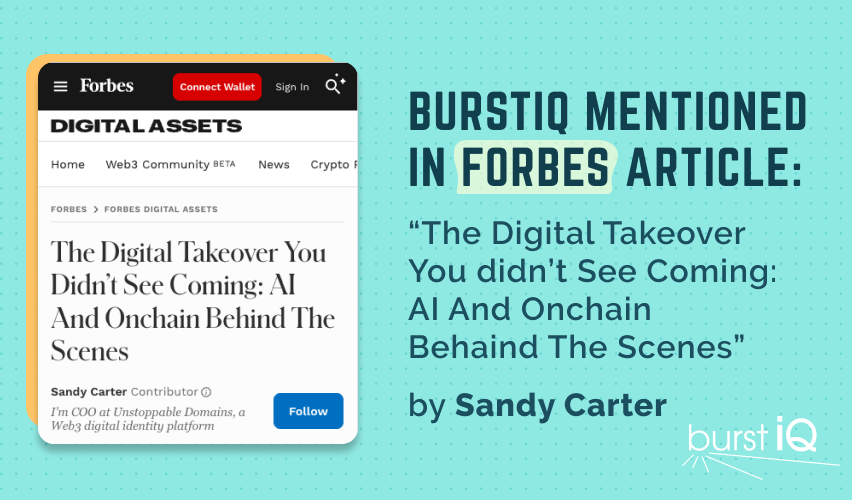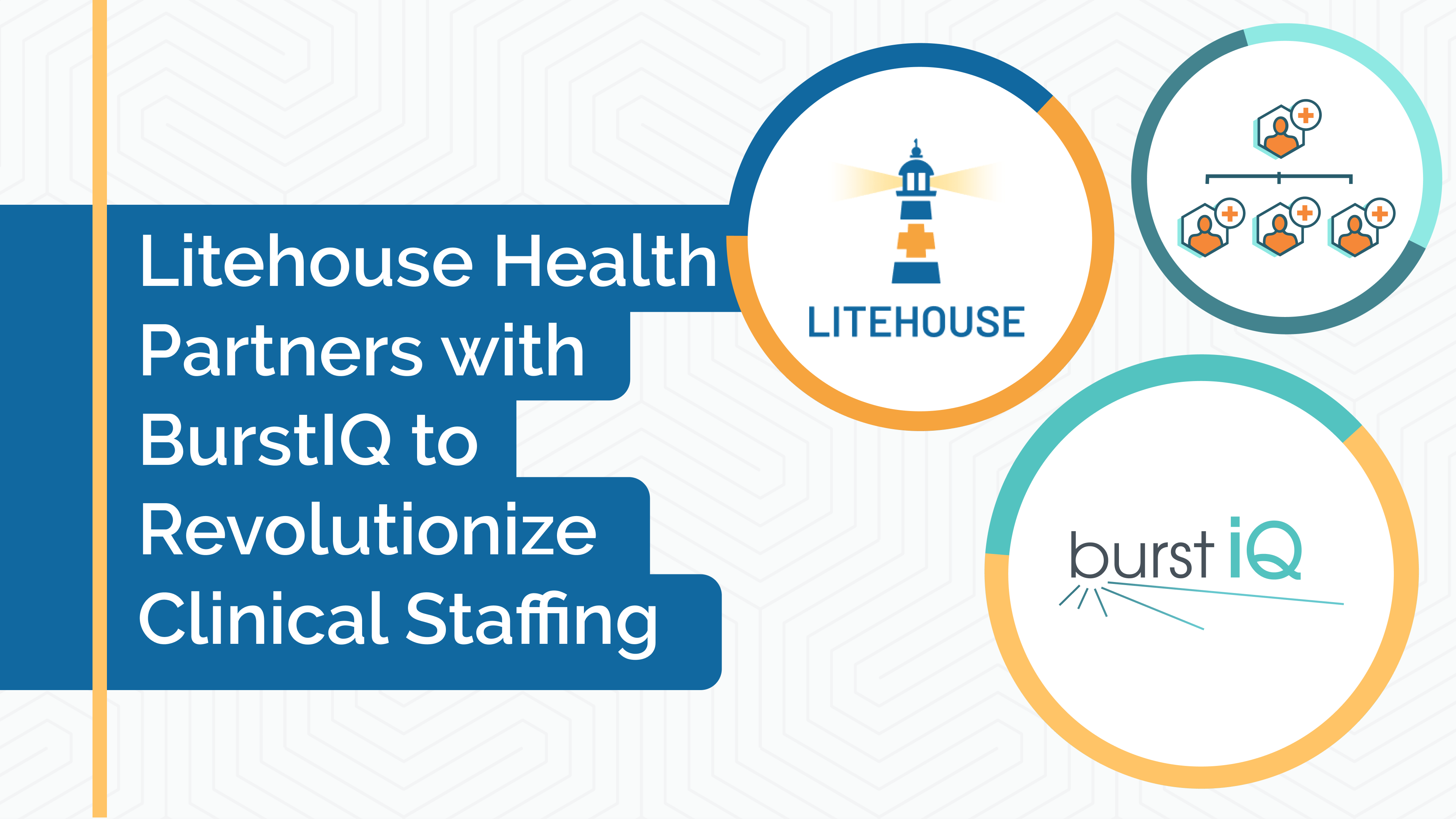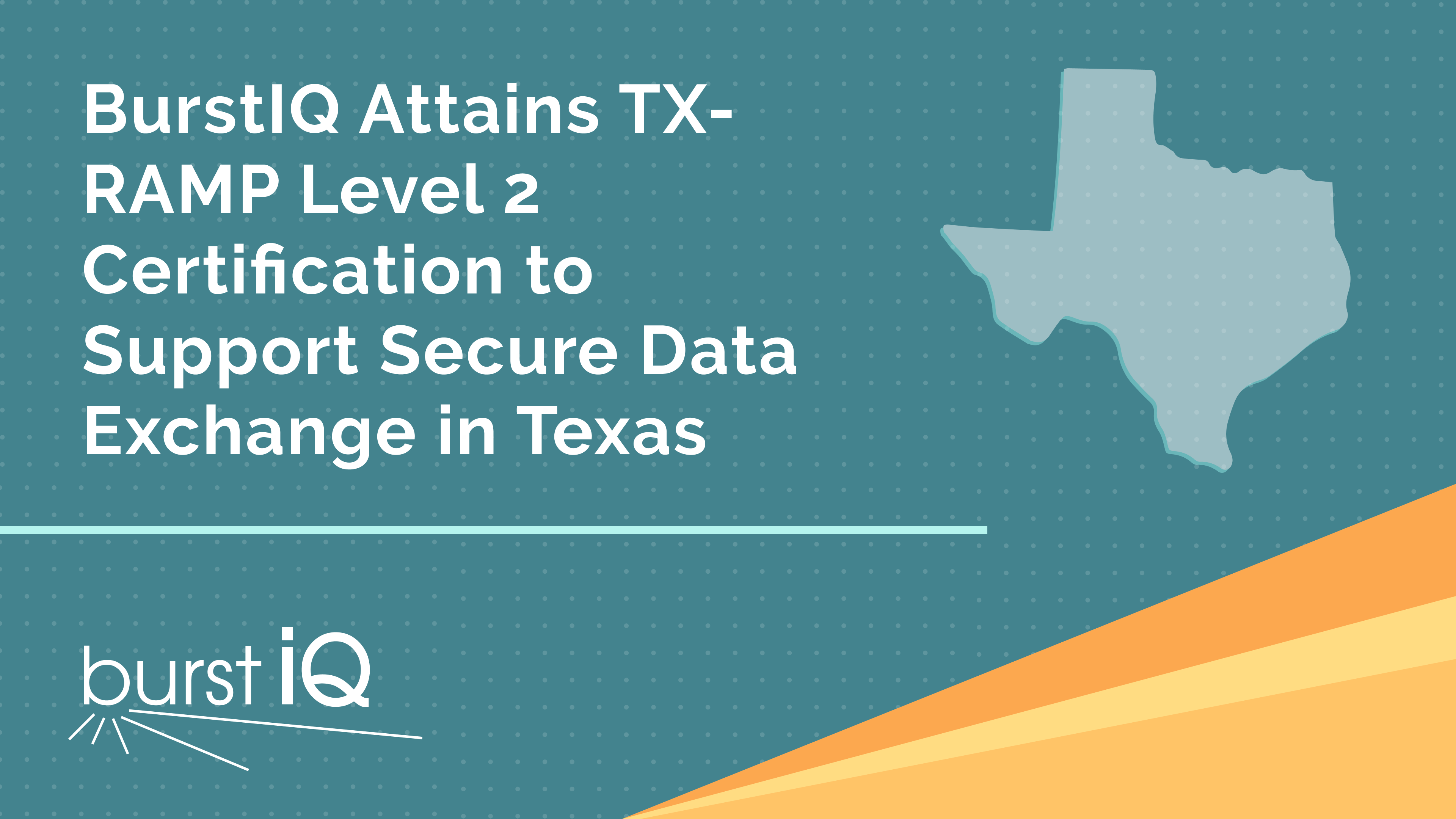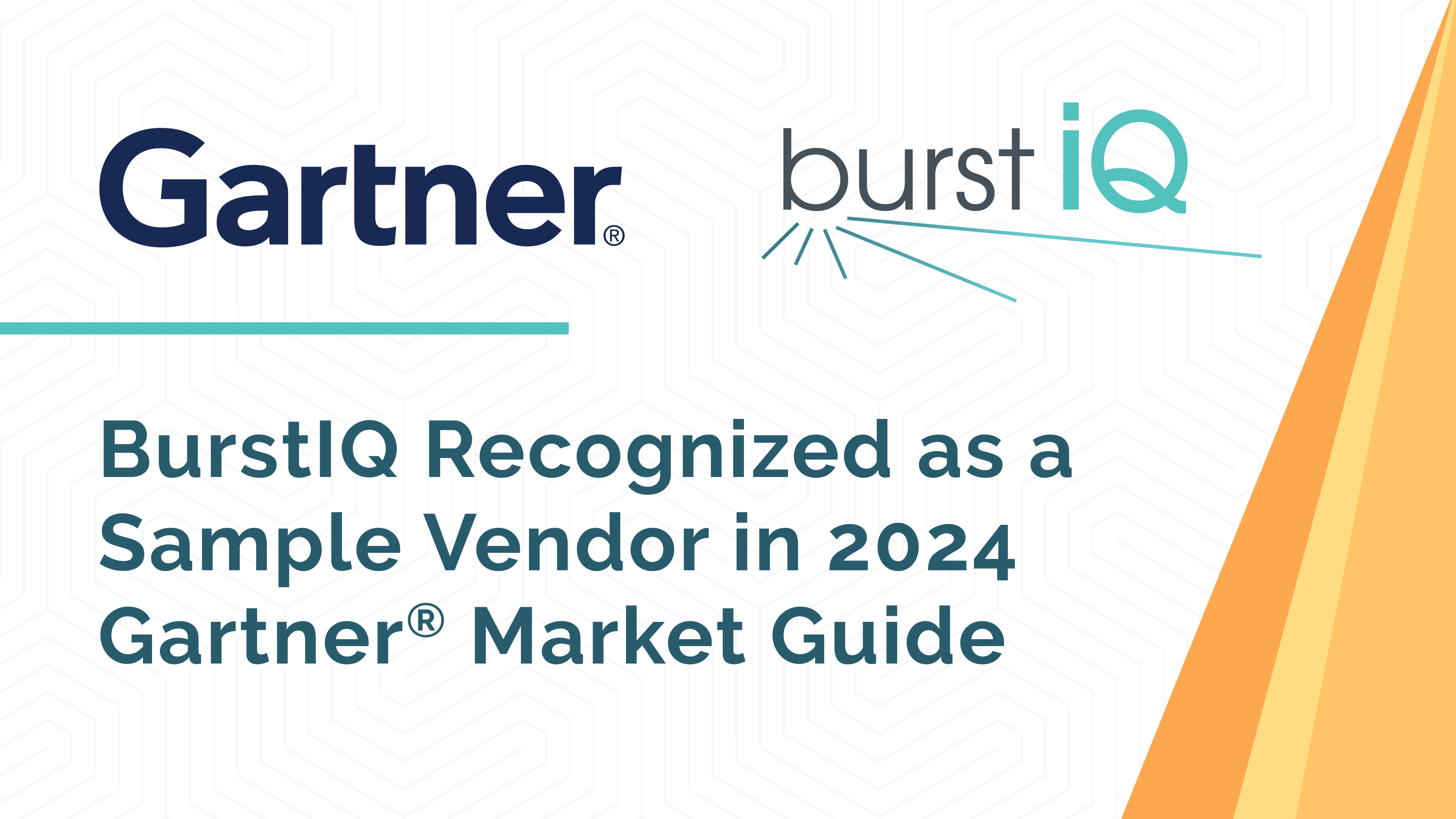The Many Applications Of Blockchain Technology
In 1991, two researchers, Stuart Haber and W Scott Stornetta, conceptualized a technology that would digitally prohibit systems from altering document timestamps. In 2009, that technology was released with the launch of bitcoin. The technology? Blockchain.
Blockchain, by definition, is a decentralized ledger, or a type of database. It’s unique because it stores data in a distributed manner by forming groups, or blocks, of data. These blocks then link together over time to create a transaction-based ledger, or a chain, of events that show how the data has been used over its lifetime, including any modifications to the original data. When the original data gets modified, the updates are captured in a detailed receipt that identifies all the modifications and becomes visible to the data contributors, and then gets added to the chain as a new block. This transparency ensures data manipulation is done with integrity. The execution of security is why blockchain has been implemented by so many industries around the world.
Cryptocurrency
Bitcoin is probably the most recognizable blockchain partnership in the cryptocurrency world. Blockchain enabled the launch of Bitcoin in 2009 and powered digital monetization through many different channels and different forms. Since the launch of Bitcoin, the world of cryptocurrency has expanded exponentially, offering more than 6,000 different options such as Bitcoin, Ethereum, Stellar, Dogecoin, and Litecoin. Because of Blockchain’s elevated and secure capabilities, all cryptocurrencies offer the same foundational benefits: they eliminate the need for centralized banks and minimize risk of breaches and hacks. With your information and currency spread out over multiple blocks, it’s more difficult for hackers to obtain information that could lead to a large-scale data breach. While Bitcoin pioneered an application for Blockchain, the technology has been proven in a variety of unique solutions.
Healthcare
The application of blockchain in healthcare is heavily scrutinized due to the sensitive and private nature of health data. However, companies like BurstIQ have implemented HIPAA and GDPR regulation compliance into all of its fundamental operations, a groundbreaking attribute for healthcare data management. Blockchain in healthcare often works on a consent contract model, meaning patients must provide consent to share their personal health data, and set permissions for who can access it and for how long. A consent-based model empowers patients to permit and revoke access to their data, so they’re always in control of how it’s being used and who is using it. Blockchain in healthcare is a revolutionary application for health data to enable sharing and collaboration for better patient care and advanced research – with patients in total control of their health journeys. In an era where personal health data is generated by devices and wearables, control of personal data is critical. Blockchain rises to this challenge.
Supply Chain
In the past few years, blockchain has been implemented by industries in support of their supply chain management operations. The technology’s immutability, traceability, and visibility enables a streamlined approach to capturing information about a product as it moves through its lifecycle. With supply chain data stored on a blockchain, contributors who are permissioned to view and/or edit the data can pinpoint individual products, and retrieve real-time details about those products, tracking their activity from start to finish. Transparency into the supply chain enables clear and concise communication with all stakeholders and enables companies to provide accurate updates about shipping, receiving and inventory. The COVID-19 pandemic placed unparalleled burdens on supply chains in every industry. Blockchain-enabled supply chain management will enable a safe, secure, and transparent means to avoid supply crises in the future.
Real Estate
Blockchain in real estate eliminates the unbearable paper trail that accompanies the purchase or rental of a residential or commercial property. Like blockchain’s support of cryptocurrency and its power to eliminate the need for a centralized bank, blockchain in real estate streamlines transactions and eliminates the middleman, so purchases can be made and verified in a fraction of the time, for a fraction of the cost. With security and automation built into the technology, costs associated with a transaction such as brokerage fees, lender charges, closing costs, appraisals and inspection are significantly reduced. All the information about a property is stored securely in a network and can be permissioned and shared with necessary entities. In addition to reducing cost and time, homeowners, renters and facilitators can manage the quality of the property over its lifetime. Blockchain can capture financial details, property updates, and renovations providing transparency between sellers, buyers, agents, and tenants. Blockchain has the potential to revolutionize how real estate transactions are executed.
Finance
Possibly the most practical application, that goes hand in hand with cryptocurrency, is blockchain’s application in finance. Because blockchain is a secure, decentralized and transparent solution that records financial transactions in a large, distributed ledger, recorded data is quicker to access and more securely stored. Inherently, the word transaction has a financial hue to it, and transparent transactions are an integral part of blockchain solutions. This technology makes it possible to record and review all details of a monetary transaction such as transaction amount, recipient, where the money was withdrawn, and how it was generated over time. Blockchain will be able to provide a clear storybook of a monetary lifetime. This has applications in both business and personal finances. Blockchain can report a transactional timeline of your spending and saving and use intelligence to offer suggestions for how to better budget. Blockchain’s personal and professional applications in finance enable a more controlled financial future.
Untapped Potential
Even with successful applications of blockchain already in use, some industry professionals are hesitant to deploy the technology. While blockchain delivers a very secure, manageable, intelligent persona, risk of breaches and hacks as cyberthreats are ever evolving. The concern is understandable, but it’s fair to say, with no singular point of failure, blockchain is currently the most secure way to manage, store, and share data. The potential of blockchain is undeniable. There are possible applications in industries such hospitality, and government and in areas like IoT device management, medication adherence, and digital identity management. The digital world will be better equipped to communicate and build next-generation data management solutions thanks to the power of blockchain.
Read the article on BuzzFeed
About BurstIQ
BurstIQ is the leading provider of blockchain-enabled data solutions for the identity, healthcare and life sciences industries. The company’s secure data exchange network combines blockchain, multi-layered governance and best-in-class security to build multi-dimensional profiles, called LifeGraphs®, of people, places and things, and empower the connections between them. LifeGraph® Network allows organizations to manage the ownership and sharing of sensitive data, with consent, governance and process automation built in. The result is a global, secure data network that allows health systems, payers, digital health companies, pharma & life science companies and governments to collaborate, share, discover and build the impossible.
For more information visit: www.burstiq.com| Facebook| Twitter| LinkedIn| YouTube
